Indonesia elections: By boat, cow and maybe even elephant – how ballot boxes reach remote areas
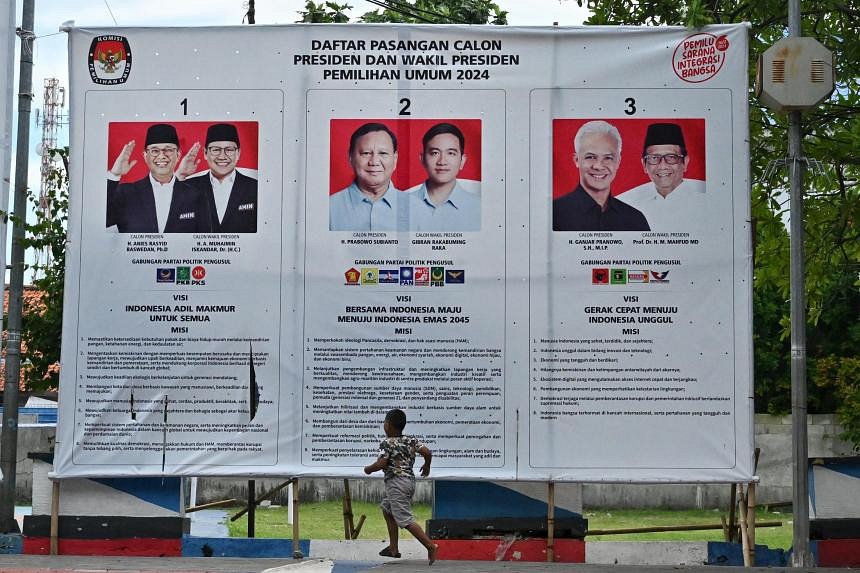 Election officials dispatching ballot boxes to Thousand Islands, Jakarta, on Feb 10, 2024. ST PHOTO: ARIFFIN JAMAR
Election officials dispatching ballot boxes to Thousand Islands, Jakarta, on Feb 10, 2024. ST PHOTO: ARIFFIN JAMAR
THOUSAND ISLANDS, Indonesia – Carrying out nationwide elections in Indonesia, which consists of more than 17,000 islands, can be a logistical nightmare for the government.
The world’s largest archipelago with a population of 280 million people will hold its five-yearly presidential election – with three pairs of candidates and running mates – and legislative election on Feb 14 to fill seats in Parliament for the 2024-2029 office term.
The election commission officials must not only transport ballot boxes and papers by boat to remote islands, with the journey taking up to six hours in some cases, but they must also travel to mountainous regions accessible either via long and arduous treks or helicopter.
One such place is the Thousand Islands district, a part of the Jakarta municipality with 30,000 people.
The district, located to the north of the capital, consists of 110 islands, the most remote of which – Sebira Island – can be reached only after a six-hour boat ride.
Thousand Islands, North Jakarta and West Jakarta get seven national parliamentary seats in total.
As many as 320 ballot boxes, containing a total of 21,000 ballot papers, were deployed to these islands on Feb 9 from the Ancol Marina port in North Jakarta.
The dispatch of the ballots by boat was witnessed by the police and election commission officials, and a media conference was held.
Highlighting the challenge of getting the ballots to the islands, Kepulauan Seribu police chief Jarot Sungkowo told reporters as he witnessed the departure: “The past few days, we were not certain because of rough seas. Thankfully, today, we have nice weather, and the waves are calm.”
At the same media conference, the head of Thousand Islands’ election commission, Mr Iman Cahyadi, said that after reaching Pramuka Island, the 320 boxes will be redispatched to 11 inhabited islands on Feb 12 or 13, at the latest.
“The farthest island is Sebira, reachable in six hours, while the rest of the islands are reachable within two hours,” Mr Iman said, adding that Sebira has a population of 900.
“We are working closely with BMKG (the national weather agency) to help us decide a window of timing for the dispatch. If the weather is friendly around noon, then we go; if not, we go a bit later during the day.”
In some parts of Papua – Indonesia’s least developed region – election commission officials have started to map the most remote areas.
They are keeping open the possibility of using helicopters as a last resort to distribute ballot papers in case the weather turns nasty on the day of the planned dispatch, state-run news agency Antara reported on Feb 10, citing Ms Aloysia Hahare, the election commission head of the Asmat district in South Papua province.
In Aceh, the local election commission mulled over using elephants to transport ballot boxes over rough terrain, and in Lampung, officials will use cows to drag the boxes on mud tracks to and from polling stations, AFP reported.
And then there is the threat of storms and floods, as the rainy season usually peaks in February.
The Straits Times visited three islands in the Thousand Islands district on Feb 9 to speak to voters and found that the upcoming election is both a social and political event for the islanders.
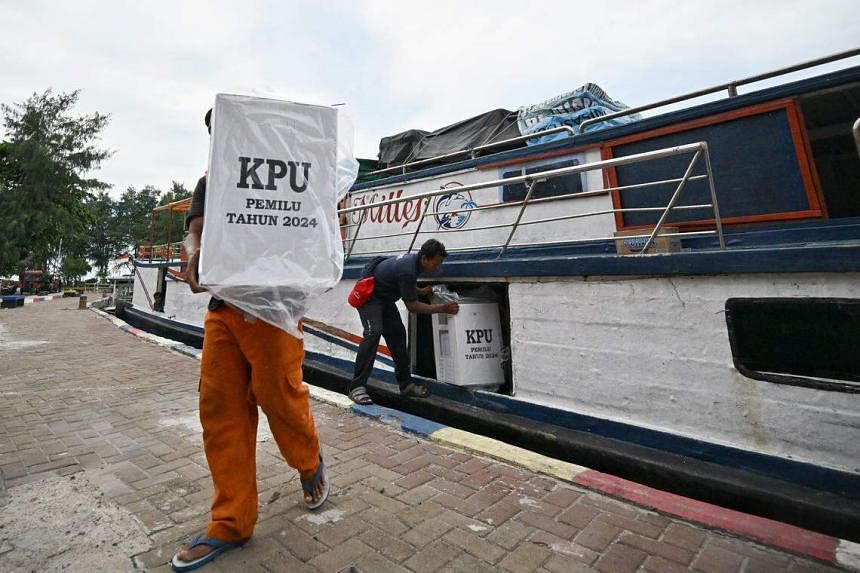
For satay seller Juwita Muhibi, the general election on Feb 14 is a festival that could double her daily sales, with people assembling and having lengthy conversations before and after casting their ballots on Pramuka Island, a 90-minute boat ride from the northern coast of Jakarta.
The 35-year-old mother of two, who has a pushcart equipped with a barbecue grill, plans to be at a polling station as early as 7am to set up and serve early customers. She will cast her vote later in the day.
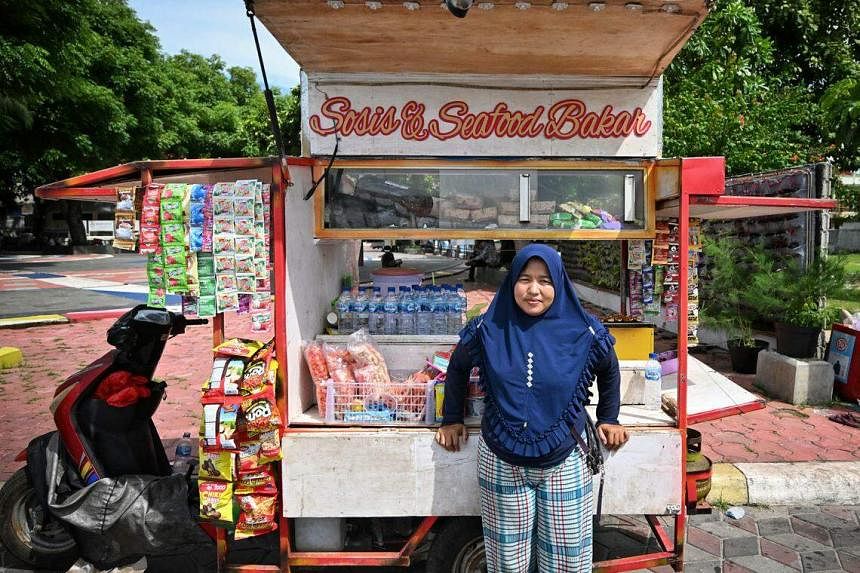
“I will get my business going first, then let my daughter handle the customers around 10am while I vote,” Ms Juwita told ST. On a normal day, she makes about 500,000 rupiah (S$43) selling squid and chicken sausage satay to tourists and locals.
Mr Azir Kahfi, 33, an electrician on Pari Island, a half-hour boat ride from Jakarta, considers Polling Day to be a major social and festive event, as it is the only time villagers from the east and west of the island gather to share community news and updates on their businesses.
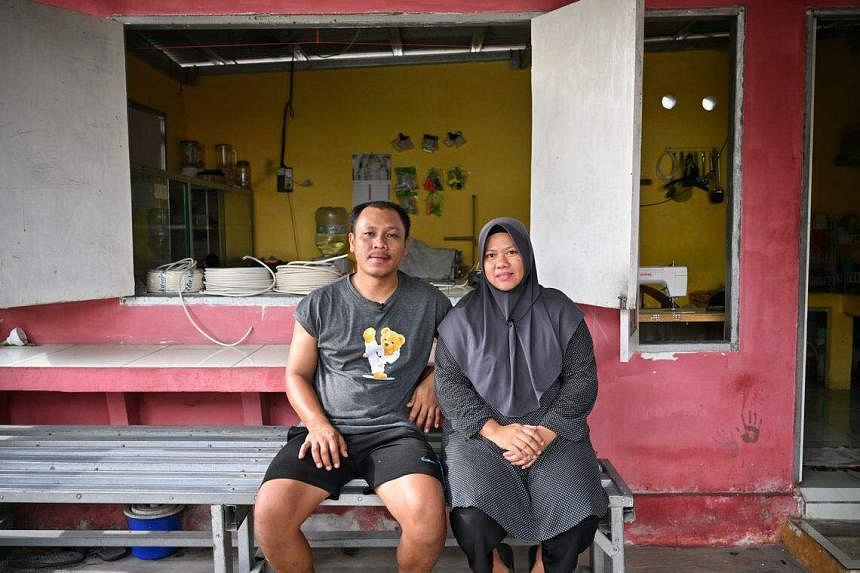
Mr Azir, who supports presidential candidate Prabowo Subianto, also runs a store selling lightbulbs and electrical items. He is excited about promoting his wife’s new tailoring business during the Feb 14 polls.
“At the last election, I had just opened my store. I picked up quite a number of new customers among the voters,” he said.
He and his wife Ita Kumalasari, 32, will vote for former army general Prabowo as they trust a military person to deliver on his promises.
Ms Eliya Arnawi, 50, who runs a provision shop on Panggang Island – to the north-west of Pramuka Island – has a different view. She said presidential candidate Anies Baswedan showed that he was the best choice during his campaigning, with strong public debates and speeches, which were also available on social media.
“We want affordable staple food and more jobs. Anies can make this happen. He is also polite and religious,” Ms Eliya said, adding that she would be among the first to vote at 7am on Polling Day.
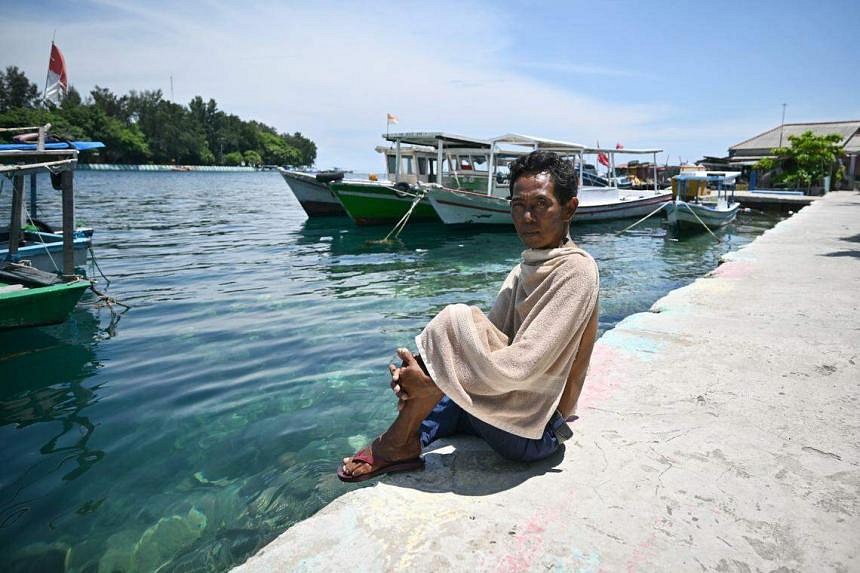
Fisherman Mulyadi Suparmo, who migrated to Panggang Island 16 years ago from South Sumatra, is confident that former Central Java governor Ganjar Pranowo is the best presidential candidate to take Indonesia forward.
“He has a good track record in Central Java. He created jobs and did a lot of development,” he said.
Mr Mulyadi and his fellow villagers said they are accustomed to discussing politics. Despite their different views about the presidential candidates, they can still joke and laugh together, he added.
Not all villagers have decided who to vote for on Feb 14. Pushcart vegetable vendor Uti Mayangsari, 43, said: “I will decide at the polling booth.”
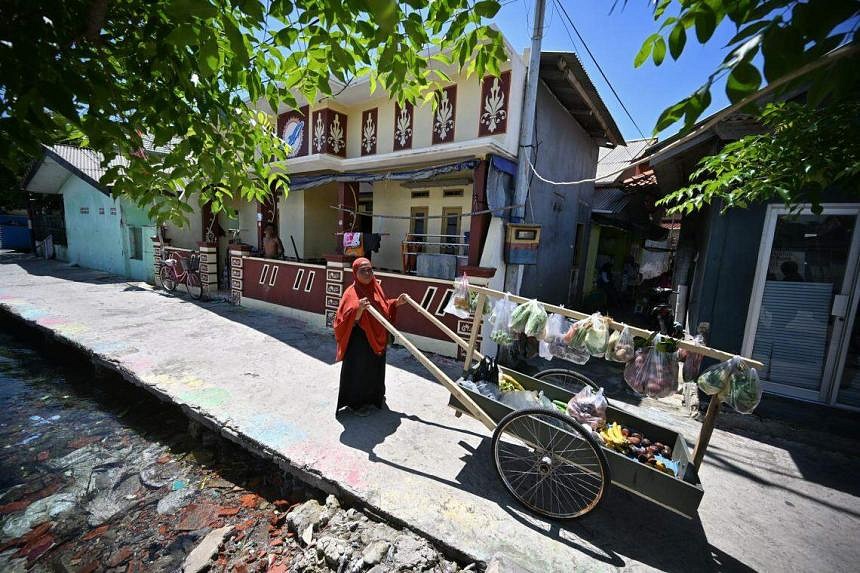


No comments
Share your thoughts! Tell us your name and class for a gift (: